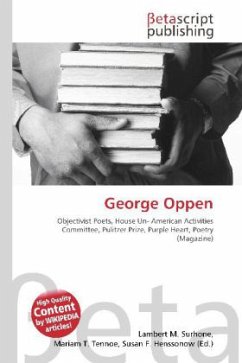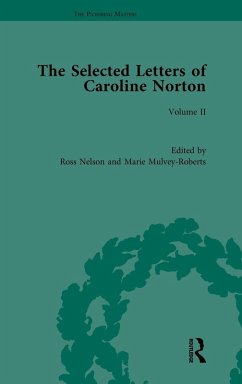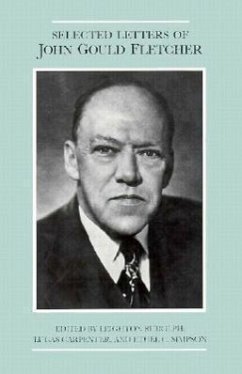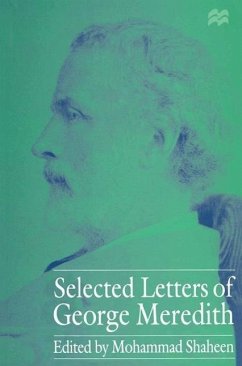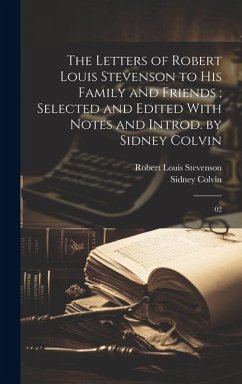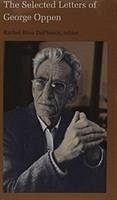
The Selected Letters of George Oppen
Versandkostenfrei!
Versandfertig in über 4 Wochen
117,99 €
inkl. MwSt.

PAYBACK Punkte
59 °P sammeln!
Objectivist poet George Oppen (1908–1984), along with his contemporaries Lorine Niedecker, Charles Reznikoff, and Carl Rakoski, provide an important bridge between the vanguard modernist American poets and the later works of poets such as Robert Creeley. In work often compounded by the populist urbanity of city lives, the Objectivists explored the social statements poetry can make. Because Oppen wrote only one essay and one essay-review, his correspondence, in effect, constitutes his essays. Oppen is emerging as one of the major poets of the postwar era; he was the recipient of an American A...
Objectivist poet George Oppen (1908–1984), along with his contemporaries Lorine Niedecker, Charles Reznikoff, and Carl Rakoski, provide an important bridge between the vanguard modernist American poets and the later works of poets such as Robert Creeley. In work often compounded by the populist urbanity of city lives, the Objectivists explored the social statements poetry can make. Because Oppen wrote only one essay and one essay-review, his correspondence, in effect, constitutes his essays. Oppen is emerging as one of the major poets of the postwar era; he was the recipient of an American Academy and Institute of Arts and Letters Award, the PEN/West Rediscovery Award, and a Senior Fellowship from the National Endowment for the Arts. His collection Of Being Numerous received the 1969 Pulitzer Prize for Poetry. These working papers include a rich correspondence, letters which provide access to the sustained, perceptive body of critical and aesthetic thinking of Oppen’s poetic career. Provocative and witty comments on poetry and poetics, especially interesting for the development of an Objectivist aesthetics, and shrewd, deeply felt assessments about the politics of the twentieth century and its moral dilemmas are some of the issues attended to. This edition offers primary documentation about an influential poetics, a little-known movement, and its active figures. Given the aggressive studies of the politics of canon-formation, the interest in describing a historical context for individual literary achievement, and current debates about mainstream poetry, the rethinking of the Objectivist movement, and the collection of documents contributing to its poetics, is an important achievement in literary scholarship.



